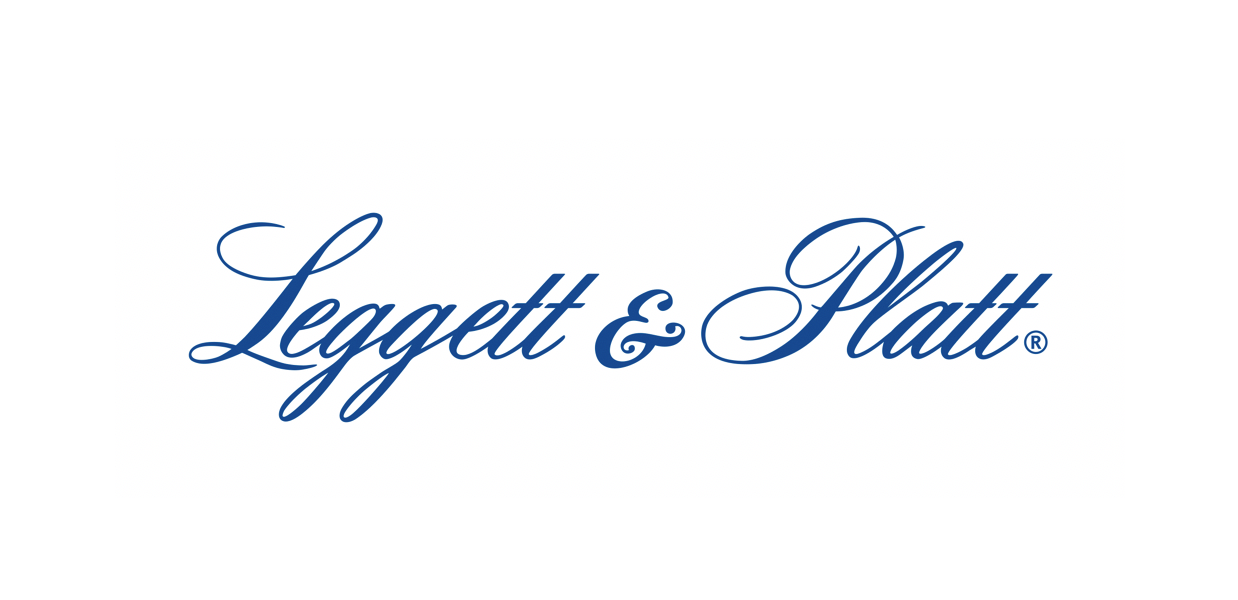by Paul Eitelman, Russell Investments
On the latest edition of Market Week in Review, Director and Senior Investment Strategist Paul Eitelman and Senior Client Investment Analyst Chris Kyle discussed the ongoing volatility in equity markets, recent U.S. inflation data and the latest on a potential vaccine for COVID-19.
Nasdaq enters correction territory as market volatility continues
In the wake of the sharp selloff in equity markets on Sept. 3, the tech sector continued to drag major indices lower the week of Sept. 7, with the Nasdaq Composite Index ending the week down approximately 4%. Since the tech-fueled selloff began, the Nasdaq Composite has dropped 10%—as of mid-morning Pacific time on Sept. 11—meaning it’s technically in correction territory, Eitelman noted. So, what exactly is behind the market downturn?
“This is a bit of a strange one, as it’s hard to point to a specific event or catalyst behind the selloff,” Eitelman said. “Instead, what seems to be happening is that mega-cap tech stocks are selling off simply because their valuations became a bit overextended.”
Eitelman stated that at this stage, he doesn’t believe there’s reason to be overly concerned about the selloff, as many of the tech companies coming under selling pressure experienced a meteoric rise in valuations over the last few months. Going forward, the performance of big tech names will be an especially important watchpoint for the market, he noted, given that major U.S. equity indices such as the S&P 500® Index have become highly concentrated due to the recent outperformance of the tech sector.
“At Russell Investments, broadly speaking, our equity strategies are set up to potentially benefit from a rotation from tech into the more dislocated and cheap areas of the market—so we’ll be paying close attention,” he said. Ultimately, volatility has become more two-sided lately, Eitelman remarked, characterizing this as healthier for the market overall.
U.S. inflation data suggests no rate hikes anytime soon
The U.S. consumer price index rose slightly more than expected during August, climbing 0.4% on a month-over-month basis, Eitelman said. While the monthly increase was the third straight for the index, which rose 0.6% in both June and July, on a year-over-year basis, core prices increased by just 1.7%—far below the U.S. Federal Reserve (the Fed)’s target of 2%, he noted.
Inflation is likely to remain muted for a while going forward, Eitelman said, as the U.S. continues to slowly crawl its way out of the coronavirus-induced recession. “Higher inflation typically occurs when aggregate demand is so strong that it outpaces the productive capacity of the economy to produce the in-demand goods and services,” he explained. “Right now, aggregate demand is still rather weak.”
The main takeaway from all of this? The Fed will keep interest rates very low for a long time, Eitelman said—especially in light of the central bank’s recently concluded policy review. “The Fed’s shift to average inflation targeting means that it will allow inflation to overshoot its 2% target for periods of time before raising rates, in order to make up for past undershoots,” he explained. With this in mind, despite all the recent stimulus injected into the U.S. economy, Eitelman said any rate hikes are unlikely to occur until 2022 at the earliest.
AstraZeneca vaccine trial hits roadblock. Are markets worried?
Shifting to the race to develop a vaccine for COVID-19, Eitelman noted that AstraZeneca announced a pause on late-stage trial testing for its experimental vaccine after a participant in the UK suffered a serious illness. With testing paused, the company probably won’t report the results from its trials until closer to the end of the year, he said. Because AstraZeneca had been one of the companies near the front of the pack in the race for a vaccine, the delay in testing is a bit of a disappointment for investors eager to see the economy return to a more normalized state, Eitelman explained. However, he noted that pausing a vaccine trial for these reasons is actually more the norm than the exception.
Additionally, other companies working on a vaccine for COVID-19, such as Moderna and Pfizer, are still on track to report results from their Phase 3 trials in October or November, Eitelman said. “Ultimately, while the news around AstraZeneca is a setback, it doesn’t derail our economic or financial market outlook moving forward,” he concluded.
Copyright © Russell Investments














